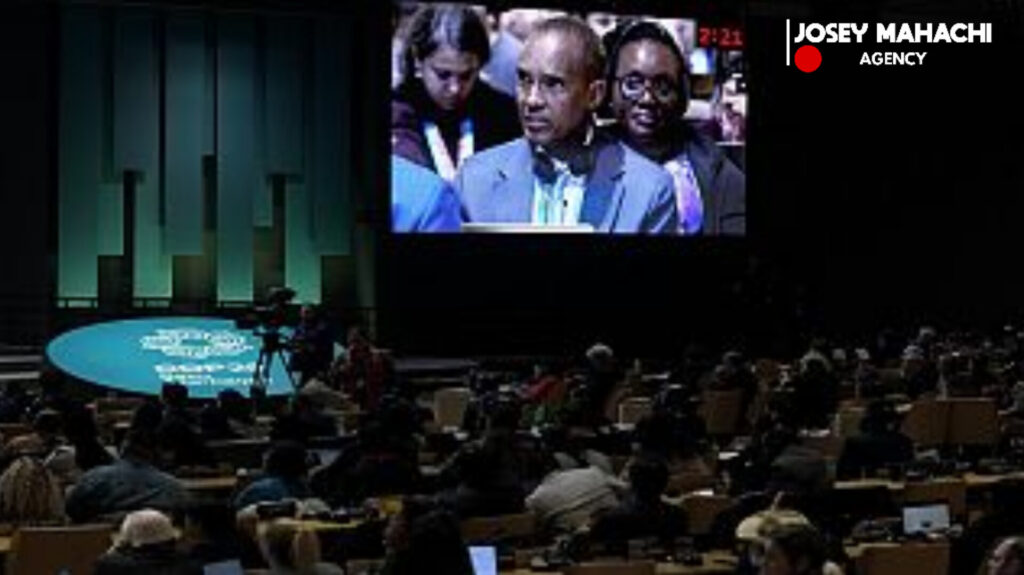By: Lloyd Mahachi
A historic deal has been reached at the COP29 UN Climate Summit in Azerbaijan, with richer countries pledging $300 billion a year to help poorer nations fight climate change. However, the deal has sparked outrage among many developing countries, who feel that the amount is not enough. India’s negotiator, Chandni Raina, called the sum “paltry” and said that India cannot accept it.
The deal was reached after tense negotiations, with COP29 President Mukhtar Babayev leading the deal into acceptance before any nation had a chance to speak. When they did, they blasted him for being unfair to them, the deal for not being enough, and the world’s rich nations for being too stingy. Nigeria’s Nkiruka Maduekwe called the deal an insult and a joke, saying that it was unrealistic and that developed countries need to take more responsibility for their historical and current role in worsening climate change.
Despite the outrage, some countries have expressed relief that a deal was reached. European Union’s Wopke Hoekstra called it a new era of climate funding, working hard to help the most vulnerable. Ireland’s environment minister, Eamon Ryan, called the agreement “a huge relief.” However, many experts say that the deal does not go far enough in addressing the urgent need for climate action.
The $300 billion pledge is aimed at helping poor nations cope with the ravages of global warming. The deal includes a commitment to tripling the money that goes towards preparing countries for climate change. Historically, only 40% of the funding available for climate change has gone towards this. The newly-promised money is expected to come from government grants and the private sector, and should help countries move away from fossil fuel power to using renewable energy.
The deal has been hailed as a major breakthrough, but many experts say that it is only a first step. The world is already at 1.3 degrees Celsius above pre-industrial levels, and carbon emissions keep rising. The deal is seen as a step towards helping countries create more ambitious targets to limit or cut emissions of heat-trapping gases. However, many experts say that the deal does not go far enough in addressing the urgent need for climate action.
The reaction to the deal has been mixed, with some countries expressing gratitude and others expressing outrage. The deal is seen as a step in the right direction, but many experts say that it is only a first step. The world needs to do more to address the urgent need for climate action, and the deal is seen as a starting point for further negotiations and action.
Editor: Josephine Mahachi

